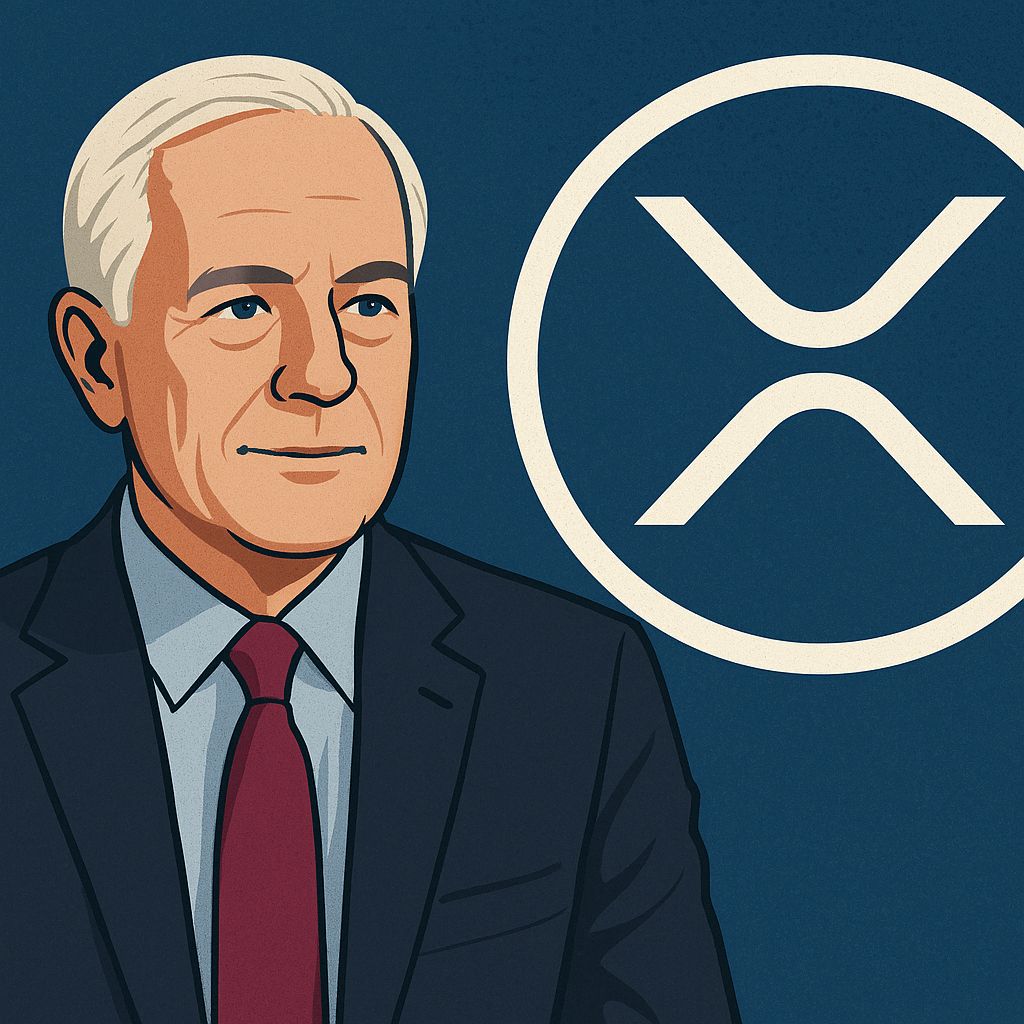New regulators are set to define Europe's crypto policies
It’s an election year around the globe, and the European Union is no exception. The European Parliament will vote this autumn on a new European Commission, which converts political priorities into draft legislation.
The new commission will not take office until November at the earliest, so it is still too early to assess the impact of the class of 2024 on cryptocurrency policies. However, we can identify a few trends predictive of how the fresh lawmakers are likely to handle regulation.
Europe is moving to the right
The first trend is that Europe’s center of gravity is moving to the right, and this will impact businesses of all sizes. Taxation and approaches to innovation will be subject to debate. France in particular will have a bumpy ride forward due to rising instability and its uncertain political future. Those problems are something crypto companies should note.
Composition of the European Parliament for the 2024-29 term. Source: Verian
Parliament has moved to the right, and center-right parties tend to be less interventionist. But crypto policy in Europe generally is not a partisan issue, so there will not necessarily be a regulatory pause for crypto. Generally speaking, the center-left Socialists and Greens are more skeptical than their centrist brethren, the (liberal) Renew Party and (conservative) European People’s Party. Despite the surge for some far-right parties, the likelihood of MEPs from the political extremes actively influencing policy remains low. There is still a stable majority for the centrists.
Jockeying for influence
A second trend is an effort by policymakers to jockey for influence over innovation policy. Over the next commission’s term, crypto policy will likely be influenced more by individual actors rather than by political parties. Some in the new crop of MEPs will likely seek to make names for themselves by specializing in this nascent policy area. We could also see influential senior policy advisors jostle for power within the commission. It’s worth noting that council presidency roles also matter as countries aim to leave their mark on the EU’s digital-asset policies. Denmark, for instance, will hold the presidency in the second half of 2025, and it has a proactive regulator that has been doing some insightful work.
Related: Signs point to a likely altcoin rally in the final months of 2024
Key to crypto’s future will be the individuals who replace center-right Commissioners Mairead McGuinness and Valdis Dombrovskis. At the parliamentary committee level, where the real work is done, the economic and monetary affairs policymakers will remain the most relevant and impactful committee for crypto and digital assets. Here there is a lot of stability amongst the leadership, with the Socialist group retaining the chairman’s role and many of the group coordinators remaining in post.
Innovation as a pillar of policy
The third trend is a growing realization that innovation will be a pillar of policy for the next several years. Certain areas like digital privacy and artificial intelligence have been identified as EU policy priorities. Expect more assertive and forceful implementation by the commission of landmark legislation passed in the last term — and in particular the Digital Market Act and Digital Services Act, which provide comprehensive regimes on digital “gatekeepers,” including provisions on content moderation for digital platforms.
Related: Ditch the memecoins — They won't motivate the next bull run
On the market side, one thing to watch for is an increase in institutional adoption of crypto and distributed ledger technology. That would likely trigger political intervention. It is not clear what EU regulatory barriers — if any — exist at this stage. But greater retail investor exposure to crypto via traditional finance would likely warrant a political reaction.
But before the EU embarks on fresh policymaking, there’s a cautionary tale for policymakers and politicians to reflect on. The EU has done a lot over the last five years when it comes to global leadership in crypto policy. As others catch up, the EU would be wise to ensure the rule book it has already drafted is properly implemented and “fit for purpose” before embarking on significant, additional legislative workstreams. That’s not to say minor tweaks won’t be forthcoming. But the EU should be mindful that unilaterally going too far, too fast in a globally competitive (and mobile) industry is risky. Doing so would run counter to the EU’s objectives and ambitions by driving firms to other jurisdictions rather than raising the regulatory bar for all.
European leaders are looking to improve competitiveness, and doubling down on an innovation-friendly framework for digital assets would surely help by attracting the jobs and growth Europe so desperately needs.
Mark Foster is a guest columnist for Cointelegraph and the European policy lead for the Crypto Council for Innovation, an industry alliance based in Washington, D.C. Foster is also a vice chair for the British Chamber of Commerce's Future Relations Committee, and was previously vice chair of the Financial Services and Company Law Committee for the American Chamber of Commerce to the European Union. He holds postgraduate degrees from the University of Edinburgh and from the L'institut Europeen des Hautes Etudes Internationales in Nice, France.
This article is for general information purposes and is not intended to be and should not be taken as legal or investment advice. The views, thoughts, and opinions expressed here are the author’s alone and do not necessarily reflect or represent the views and opinions of Cointelegraph.
Disclaimer: The content of this article solely reflects the author's opinion and does not represent the platform in any capacity. This article is not intended to serve as a reference for making investment decisions.
You may also like
Bitpanda’s triple crown: Austria’s MiCAR license secures its crypto throne
Cardano is fully decentralized, Hoskinson will exit
FIL Price Forecast: Explosive Growth Likely After Filecoin (FIL) v1.32.2 Upgrade

Teucrium CEO Endorses XRP as Essential for Future Financial Infrastructure

